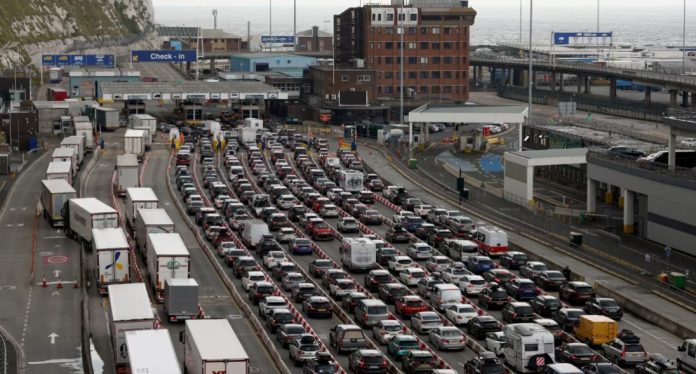The latest public opinion poll shows that most Britons now support returning to the EU. The survey was conducted a week before the ninth anniversary of the referendum on leaving the EU.
Amid economic uncertainty following Trump’s tariffs and trade wars, as well as the increasingly apparent economic consequences of Brexit, the majority of the population now regrets the decision to leave the EU.
The latest YouGov poll showed that 56% of the population would support a return to the EU, with only 28% in favour of maintaining the status quo and 18% wanting to further weaken ties.
Around 67% of those polled would support closer ties with the EU without wanting to formally rejoin.
The same YouGov poll showed that most Britons consider Brexit to be more of a failure than a success (61%), 20% believe it was neither a success nor a failure, and 13% consider it to be more of a success.
The decision to separate from our largest trading partner has had a negative impact on the economy and the standard of living of the population.
According to some recent studies, exports of goods from the UK are 30% lower than they would have been if London had not left the single market and customs union.
Goldman Sachs estimates that the real damage to the British economy could be between 4% and 8% of gross domestic product (GDP).
On the night of January 31 to February 1, 2020, Britain ceased to be a member of the European Union. The decision on Brexit was made back in 2016 following a nationwide referendum. At that time, 48.1% of citizens voted to remain in the EU, while 51.9% voted to leave. Brexit supporters believed that abandoning European integration would make their country stronger and freer. Opponents feared that leaving the EU would lead to disaster.
In May, the UK and the EU held their first post-Brexit summit, aimed at sending a strong signal of European unity. The main outcome of the meeting was the signing of a defence and security pact. British Prime Minister Keir Starmer is keen to fulfil his election promise to reset relations with the EU.
